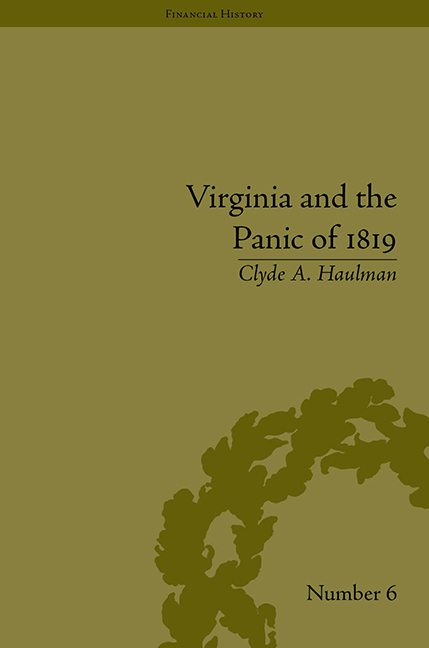Book contents
Introduction
Summary
Bank panics and financial crises have been a staple of the United States economy for much of the nation's history. However, for many Americans at the beginning of the twenty-first century such economic crises are known only from history classes or from stories dredged out of the fading memories of parents and grandparents. Yet, within the last decade, events in Asia have demonstrated that the world is not free of the spectre of economic crisis stemming from problems originating in the financial sector. In addition, the near collapse of Long-Term Capital Management in 1998 brought the possibility of financial turmoil much closer than was comfortable for government officials, the financial community, and many American investors. Finally, the bursting of the stock market bubble in the late 1990s, the run-up of asset prices in the mid-2000s, particularly in housing markets, and growing concerns with unsustainable levels of debt continue to erode confidence in the economy. The nineteenth century, with its seemingly endless series of periodic financial panics and resulting economic distress, led Walter Bagehot, the English journalist and economist, to observe, ‘Much has been written about panics and manias … but one thing is certain, that at particular times a great deal of stupid people have a great deal of stupid money’. This money, he further suggested, is at intervals ‘particularly large and carving; it seeks for someone to devour it, and there is a “plethora” it finds someone, and there is “speculation” it is devoured, and there is “panic”’.
A great deal has been written about ‘speculations’ and ‘panics’ as forerunners of economic crises in the United States, particularly the many downturns of the post-Civil War nineteenth century and the Great Depression of the nineteen-thirties. However, relatively little attention has been paid to what is arguably this country's first modern business cycle – the depression following the Panic of 1819. As historian Cathy Matson indicates, ‘The Panic of 1819 was the first truly national depression American experienced, the first long-term financial crisis to prompt Americans to examine deeply their ideological moorings and reassess their still-fragile economic institution’.
- Type
- Chapter
- Information
- Virginia and the Panic of 1819The First Great Depression and the Commonwealth, pp. 1 - 6Publisher: Pickering & ChattoFirst published in: 2014



